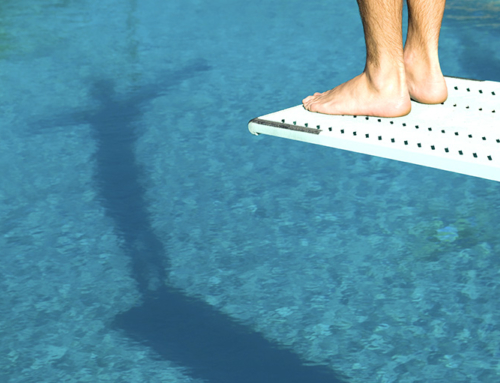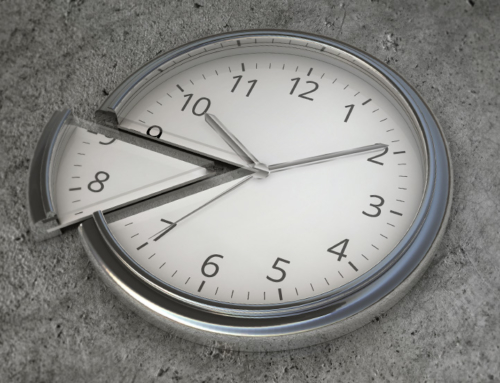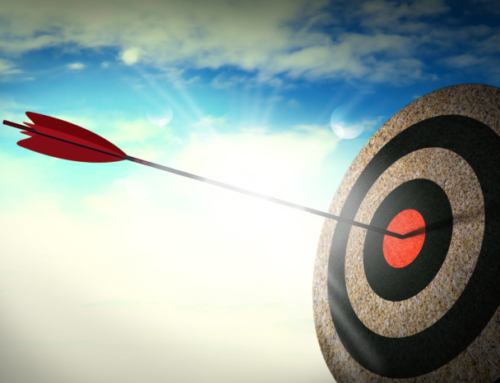I love to learn words from different languages that capture a dimension of reality for which we have no perfect analogy in English. It reminds me that reality – dimensions of emotional or natural phenomena – are more extensive than what often we can capture in language. My daughter once shared with me some words from her personal dictionary of favorite words. First of all, it made me laugh that she has such a dictionary because when I was in high school, I also had a personal dictionary of my favorite words, a fact I never shared with her. It always amazes me how all kinds of subtle behaviors pass from one generation to another.
One word I learned from her is the Japanese word “ikigai.”
Ikigai refers to a person’s reason to live, their sense of discovered personal meaning that propels them to action and saves them from despair. It most directly means “a reason to get up in the morning.”
Finding one’s ikigai often involves an extended discovery process in which a person searches for this very personal and elusive sense of meaningfulness, relevancy, and value. One’s ikigai is not bestowed by God, fate, or outside circumstances. It may involve a lifetime of struggle, contemplation, and action.
In addition to “discovery,” ikigai suggests “creation.” That is, a person discovers and builds, in an iterative process, a sense of their life’s meaning. And third, ikigai connotes a sense of self-surrender, of opening oneself up to life’s possibilities, of allowing one’s potential to blossom.
I’ve had existential preoccupations for as long as I remember, even in some ways as a kid, so ikigai is a concept that resonates with me. And on a professional level, I believe that in part some psychiatric illness and chronic unhappiness, is a spiritual affliction. Many patients I’ve had with addiction, depression, and PTSD suffer from a sense of worthlessness, irrelevancy, and spiritual meaninglessness. I’ve had many patients in my career tell me directly in words to the effect of, “If I died tomorrow, no one would care … and some would not even notice.” With a point of view like that, I find it hard to believe that any amount of medication would resolve that person’s despair.
When patients are struggling with that sense of despair I often recommend they take on “helping roles,” like that of a peer counselor. Living for the sake of helping others can save many people from facing their next day with a sense of utter purposelessness and isolation.
Recall that the 12th step of a 12-step program is, “Having had a spiritual awakening as the result of these [previous] steps, we tried to carry this message to other addicts, and to practice these principles in all our affairs.” Some people do not like the explicit spiritual or religious nature of 12-step programs, as demonstrated in this step for instance. To me, the heart of this step, however, is “carrying the message to other addicts.” This often means becoming a sponsor of one or more addicts who are earlier in their recovery process. It allows a person to slowly, tentatively at first, discover and build a sense of worth and meaning, to feel that they have a place in the universe, that their existence matters.
Ikigai may be the foundation of recovery and of a life well lived.
I would love to learn words you may know that also capture a part of reality for which we have no good comparison in English. Please send me a submission from a language you know. Thanks.
Until next time,
Dr. Jack
Language Brief
“The purpose of life is not to be happy. It is to be useful, to be honorable, to be compassionate, to have it make some difference that you have lived and lived well.” – Ralph Waldo Emerson
“What motivates a person is a sense of meaning. A clearly defined, even uniquely determined role in life brings about life satisfaction.” ― Steve M. Beauchamp
“Life is not a problem to be solved.” — Hector Garcia
“Happiness is not something ready-made. It comes from your own actions.” — Dalai Lama







Leave A Comment